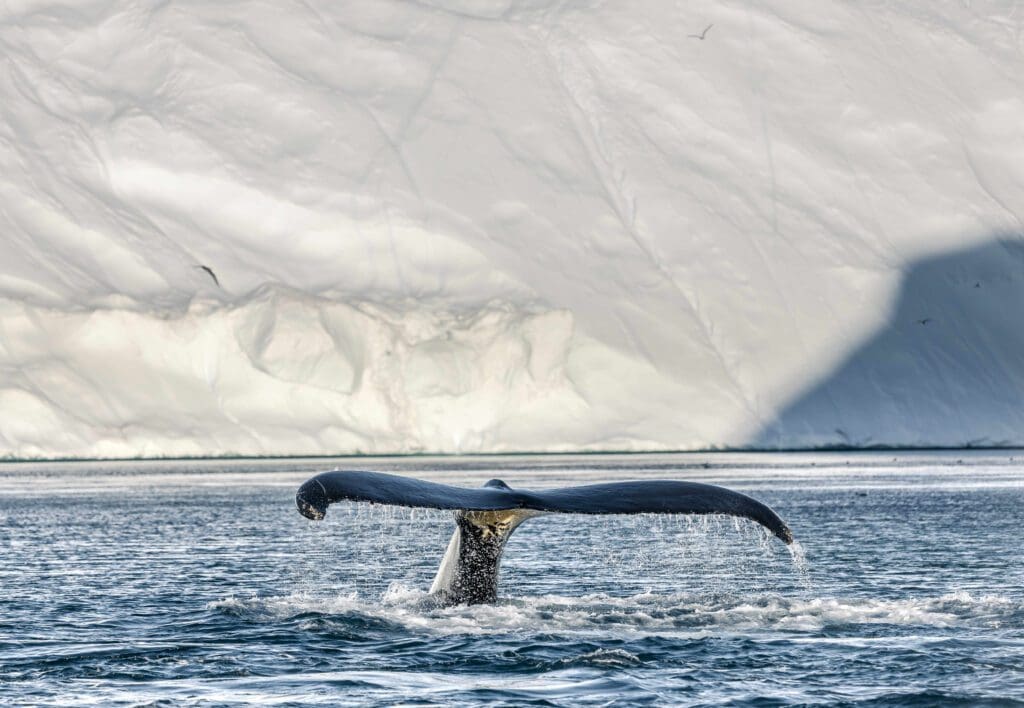Summary
Breaking Boundaries honestly breaks no boundaries at all and is a very by-the-books documentary. While Attenborough and Rockström clearly mean well, they’re recycling old information and wasting most of our time.
Netflix documentary Breaking Boundaries: The Science of Our Planet was released on the platform on June 4, 2021.
Even though science has always been clear, somehow, climate change has always been a controversial topic. In the new Netflix documentary Breaking Boundaries: The Science of Our Planet, rather than just telling us again, historian David Attenborough and scientist Johan Rockström show us… again.
Now, I’m not going to lie. If you’ve seen An Inconvenient Truth – or even The Day After Tomorrow – this film has very little new information to offer about climate change. From the melting polar caps to the endangered population of bees, this film is really just a recap of every major mainstream issue in nature that most people already know about. That doesn’t mean it’s bad. It’s just really redundant.
The fact that Attenborough, who narrates, kept repeating the phrase “tipping point” over and over again doesn’t help either. The first time he uses it and defines it contextually, it feels important. I mean, as human beings, we are at the point where we can either make or break our future. However, the more he uses the term, and he has to say it at least 10 times in the hour-long doc, the less effective it is. I honestly pondered taking a shot every time he said the words. I changed my mind when I realized it might swing my boredom into depression.
Once again, the film is not bad. Those who aren’t familiar with the issue of Global Warming, like the current Generation Alpha or those born at the “tipping point” of Gen Z (see what I did there?), might benefit from this film the most. Seeing as how they’ll most likely be stuck dealing with the impending issues, they’ll need it. But as mentioned before, those who regularly read the news or watch the YouTube videos – the ones who are clearly the doc’s main demographic – really have nothing to gain from this.
I will say that all of the film’s B-Roll footage and the graphics that accompany the interviews and narration are engaging. They helped to not only illustrate some of climate change’s clearest issues brilliantly but to distract me from the sluggish pacing.
Another one of the film’s highlights is when we see the actual scientists who have been monitoring the crisis break down in tears. For instance, there’s one scene where an oceanographer scans the Great Barrier Reef and realizes that a vast majority of its coral has been bleached. Now, that doesn’t mean that someone poured bleach on it, but rather that the water has become so warm that it’s started to deteriorate and become white. While there are several similar moments in the film, this is easily the most memorable and most effective as it shows us just how serious the issue is. You can’t help but wonder whether or not the person who studies climate change for a living is mourning the ecosystem or the hope that he had left.
Towards the end of the film, there is also this segment where Rockström and other experts begin to delve into how the coronavirus woke the world up and made people realize just how much one event on one part of the globe can ultimately affect everyone. That was the one part that intrigued me the most. Not to say that I would have wanted a COVID-centric doc, but exploring climate change from that angle is something that has yet to be done. As you might have guessed, the film barely scratches the surface before becoming a bore again.


